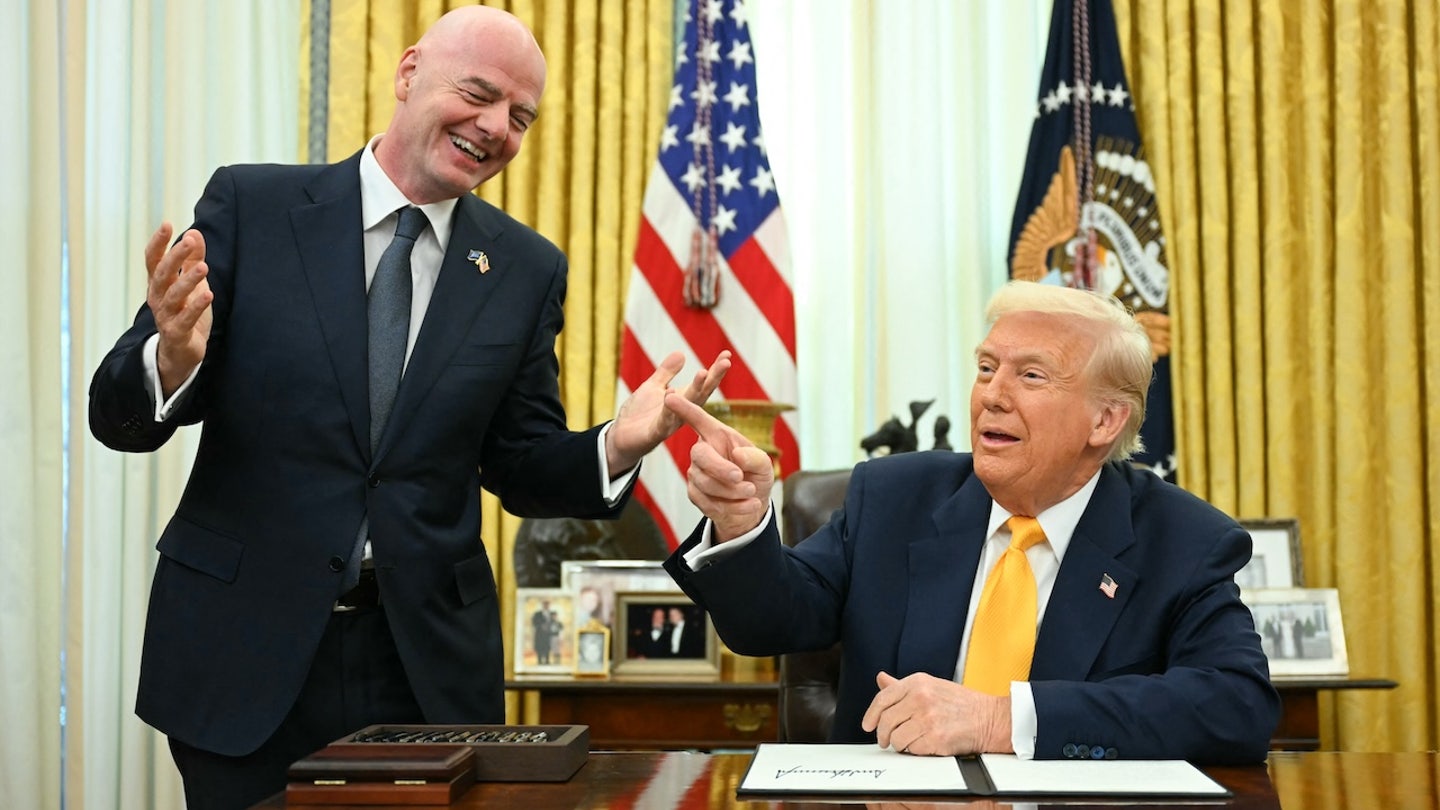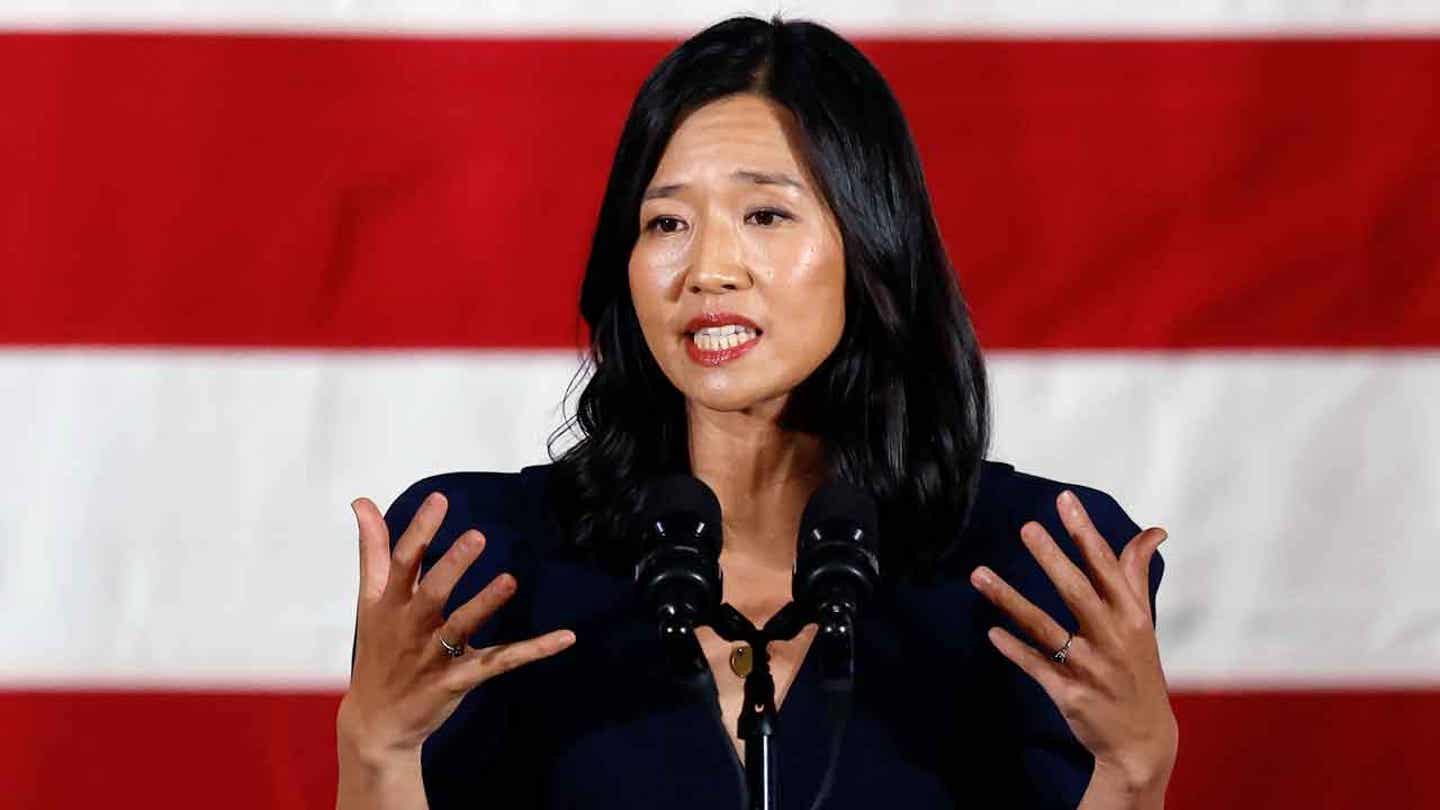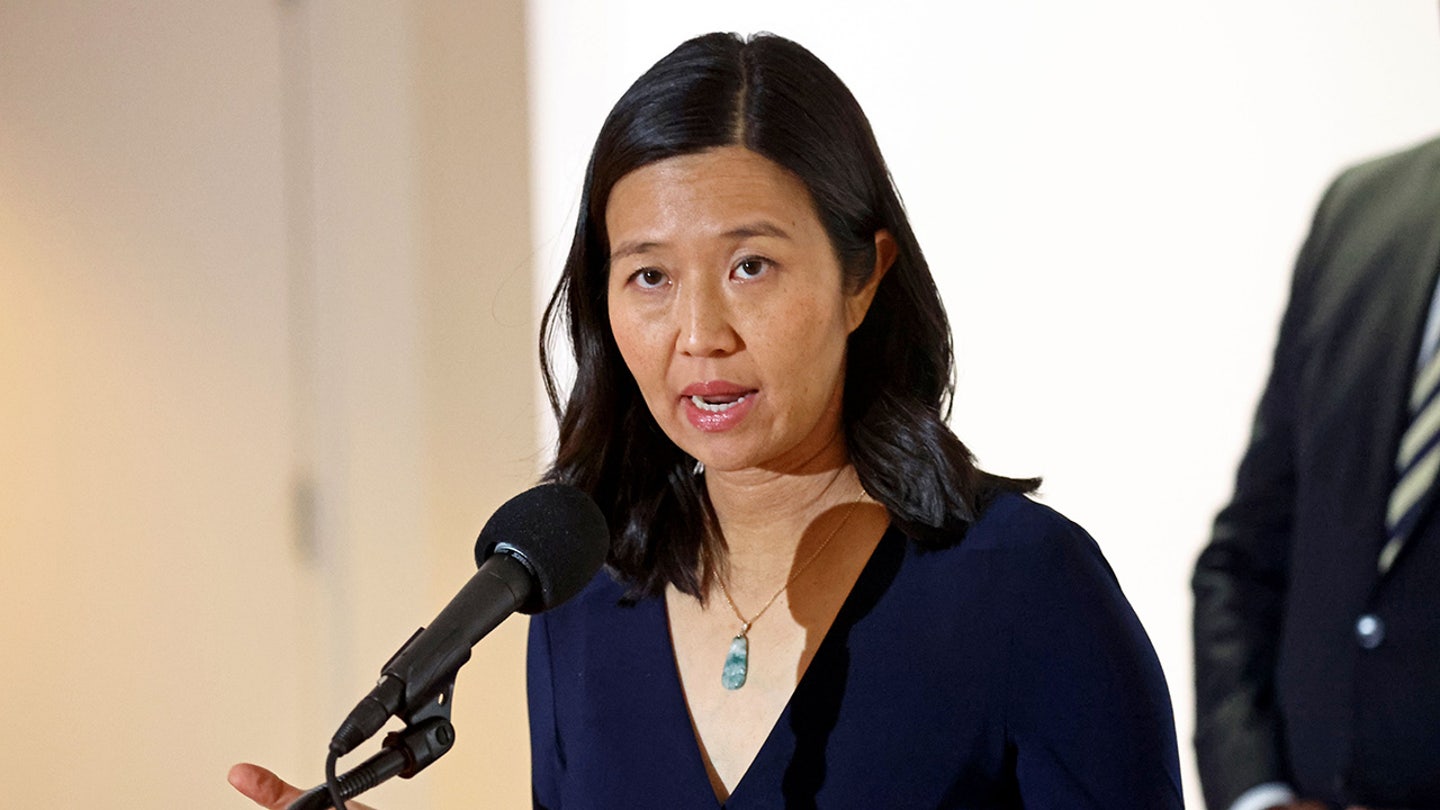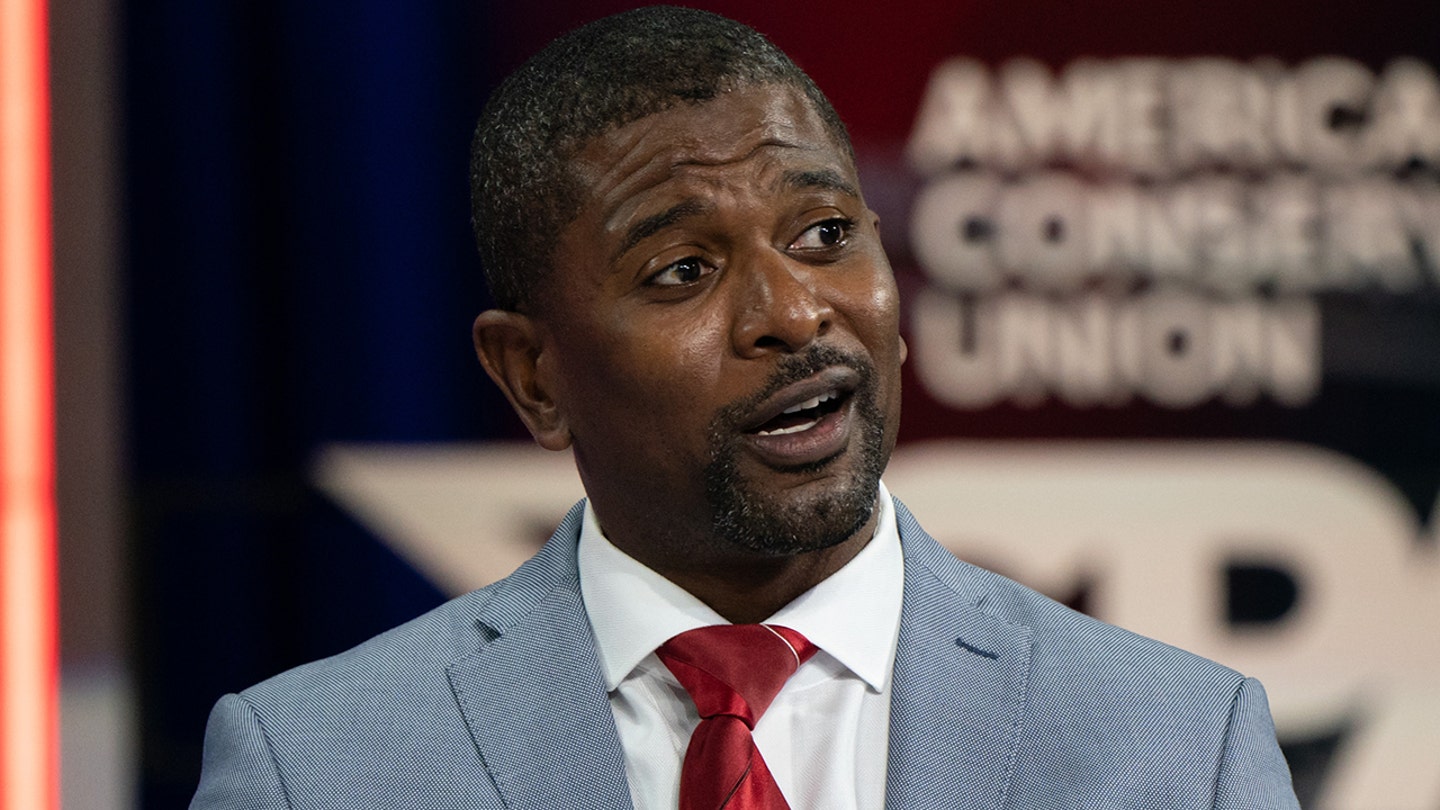
Christen Press, two-time World Cup champion for USWNT, to retire
Entities mentioned:
- Christen Press: Legacy, Recognition, Justice
- US Women's National Team (USWNT): Competitive spirit, Pride, Unity
- Angel City FC: Ambition, Professional pride, Competitive spirit
- US Soccer Federation: Control, Power, Self-preservation
Article Assessment:
Credibility Score: 85/100
Bias Rating: 45/100 (Center)
Sentiment Score: 70/100
Authoritarianism Risk: 15/100 (Strongly Democratic)
Bias Analysis:
The article presents a balanced view of Press's career and achievements. While positive about her impact, it doesn't overstate or ignore potential controversies, maintaining a neutral stance.
Key metric: Gender Pay Equity in Sports
Let me tell you something - this story is HUGE! Christen Press, a true MVP of women's soccer, is hanging up her cleats after an INCREDIBLE run on the field. But folks, her impact goes way beyond the pitch! This soccer superstar didn't just score goals, she scored VICTORIES for equal pay! Press was part of that CHAMPIONSHIP TEAM that took on the US Soccer Federation in a high-stakes match for gender equality. And let me tell you, they BROUGHT IT HOME! We're talking a $24 million settlement and a game-changing agreement for equal pay. This isn't just a retirement, it's a CHANGING OF THE GUARD! Press is passing the ball to the next generation, leaving behind a legacy that's reshaped the ENTIRE PLAYING FIELD of women's sports. She may be leaving the game, but her GAME-CHANGING impact will be felt for seasons to come!

FIFA says US government has final say on World Cup host cities' safety amid Trump's threats to Boston
Entities mentioned:
- FIFA: Professional pride, Security, Duty
- Donald Trump: Power, Control, Competitive spirit
- Michelle Wu: Pride, Determination, Loyalty
- Gianni Infantino: Professional pride, Influence, Obligation
- Boston: Pride, Recognition, Legacy
Article Assessment:
Credibility Score: 75/100
Bias Rating: 55/100 (Center)
Sentiment Score: 35/100
Authoritarianism Risk: 45/100 (Mixed/Neutral)
Bias Analysis:
The article presents multiple perspectives, including Trump's threats, FIFA's stance, and Wu's response. While it leans slightly towards emphasizing the controversy, it maintains a relatively balanced approach in its reporting.
Key metric: International Relations and Diplomacy
Let me tell you something - this World Cup drama is heating up like a championship final! We've got a real power play unfolding here, folks. Donald Trump is coming in hot, trying to call an audible on Boston's hosting duties. But FIFA's not about to let anyone run interference on their game plan! They're playing defense, reminding everyone that when it comes to safety, the US government's got home field advantage. This is a crucial moment, ladies and gentlemen. Boston's got to step up to the plate and show they've got what it takes to host on the world stage. Mayor Wu's in the hot seat now - she's got to coach her team to victory and prove Boston's got that championship mentality. I'm telling you right now, this is a make-or-break moment for US soccer diplomacy. It's fourth quarter, the clock is ticking, and the whole world is watching to see if Team USA can pull off this hosting gig without fumbling the ball!

NBA suspends employee who made crude remarks following Charlie Kirk assassination
Entities mentioned:
- NBA: Professional pride, Control, Self-preservation
- NBA Employee: Moral outrage, Indignation, Self-expression
- Charlie Kirk: Influence, Legacy, Righteousness
- Donald Trump: Legacy, Power, Recognition
- Turning Point USA: Competitive spirit, Influence, Recognition
- NFL: Professional pride, Control, Recognition
Article Assessment:
Credibility Score: 70/100
Bias Rating: 65/100 (Lean Right)
Sentiment Score: 30/100
Authoritarianism Risk: 35/100 (Generally Democratic)
Bias Analysis:
The article leans right due to its focus on conservative figures and reliance on right-leaning sources like Fox News and OutKick. However, it does present some factual information from the NBA directly.
Key metric: Political Polarization Index
Folks, we're witnessing a MAJOR FOUL on the court of public discourse! The NBA, usually a slam-dunk when it comes to PR, just air-balled with this employee situation. Let me tell you something - this is a GAME-CHANGING moment! The league is playing defense, trying to protect its brand from a rogue player who went way out of bounds with their comments. It's like they're in the fourth quarter, down by 20, and desperately need to rally. The suspension is their Hail Mary pass, but will it be enough to win back the crowd? Meanwhile, Turning Point USA is making a bold offensive play, going head-to-head with the NFL in a Super Bowl showdown. This is the kind of high-stakes competition that separates the champions from the benchwarmers, folks! The political arena has become a full-contact sport, and these players are leaving it all on the field. I'm telling you right now, we're in for one heck of a matchup!

Arkansas HC John Calipari Vows to Retire Before Taking 'Transactional' Approach
Entities mentioned:
- John Calipari: Professional pride, Legacy, Righteousness
- NCAA: Control, Power, Self-preservation
- College Basketball Programs: Competitive spirit, Ambition, Recognition
Article Assessment:
Credibility Score: 75/100
Bias Rating: 55/100 (Center)
Sentiment Score: 35/100
Authoritarianism Risk: 40/100 (Generally Democratic)
Bias Analysis:
The article presents Calipari's viewpoint prominently, but also includes context on broader changes in college athletics. It balances personal opinion with factual information about recent developments.
Key metric: NCAA Basketball Competitiveness
Let me tell you something - this story is a GAME-CHANGER! Coach Calipari is stepping up to the plate and calling out the new playbook in college hoops. He's drawing a line in the sand, folks! This is a coach with a championship pedigree saying he'd rather hang up his whistle than play ball in this new era of transactional athletics. It's fourth quarter, crunch time for college sports, and Calipari's making a bold defensive stand against the tide of NIL deals and transfer portal madness. He's putting team loyalty and player development back in the starting lineup, while benching the 'mercenary' mentality. This is a coaching legend trying to rally the troops and change the momentum of the game before it's too late. I'm telling you right now, this could be the motivational speech that turns the tide in college athletics!

California girls' volleyball team with trans player sees 10th match forfeited amid controversy
Entities mentioned:
- Jurupa Valley High School girls' volleyball team: Competitive spirit, Unity, Determination
- Alyssa McPherson: Justice, Self-respect, Moral outrage
- AB Hernandez: Competitive spirit, Recognition, Self-preservation
- California Interscholastic Federation (CIF): Obligation, Control, Professional pride
- Gavin Newsom: Ambition, Influence, Wariness
- Donald Trump: Power, Moral outrage, Influence
Article Assessment:
Credibility Score: 75/100
Bias Rating: 55/100 (Center)
Sentiment Score: 35/100
Authoritarianism Risk: 40/100 (Generally Democratic)
Bias Analysis:
The article presents multiple perspectives, including those of transgender athletes, protesting players, and political figures. While it leans slightly right by emphasizing controversy, it maintains a relatively balanced approach.
Key metric: Gender Equality in Sports
Let me tell you something, folks - this story is a GAME-CHANGER! We're seeing a full-court press of controversy in California high school volleyball, with teams forfeiting left and right like they're dodging a spike from the opposing side. The Jurupa Valley squad is facing a defensive wall of forfeits, but they're showing true championship mentality by staying in the game. This is a classic matchup of inclusivity versus traditional competition, and both sides are digging deep into their playbooks. The political power players are stepping onto the court too, with Governor Newsom trying to find the middle ground while Trump is calling for a full-court press against transgender athletes. It's a high-stakes match with no clear winner in sight, and the clock is ticking as we head into the postseason. I'm telling you right now, this is one for the record books!

Boston mayor responds to Trump's threats to pull World Cup games out of city amid safety concerns
Entities mentioned:
- Michelle Wu: Pride, Determination, Professional pride
- Donald Trump: Power, Influence, Control
- FIFA: Professional pride, Security, Legacy
- Gianni Infantino: Professional pride, Duty, Control
- Maura Healey: Righteousness, Control, Security
Article Assessment:
Credibility Score: 75/100
Bias Rating: 55/100 (Center)
Sentiment Score: 35/100
Authoritarianism Risk: 40/100 (Generally Democratic)
Bias Analysis:
The article presents multiple viewpoints, including statements from both sides. While it leans slightly right by featuring more of Trump's comments, it balances this with responses from local officials.
Key metric: US International Reputation
Let me tell you something - this story is RIDICULOUS! We've got a real political grudge match brewing over the World Cup, folks! Trump's trying to pull a fourth-quarter audible by threatening to yank the games from Boston, but Mayor Wu is stepping up to the plate with a championship mentality. This is like watching two heavyweight contenders duke it out for hosting rights! FIFA's caught in the crossfire, playing both offense and defense as they navigate this high-stakes match-up. Governor Healey's not sitting on the sidelines either - she's suiting up and getting in the game to tackle the city's safety concerns head-on. I'm telling you right now, this is shaping up to be a nail-biter of a showdown that could seriously impact Team USA's reputation on the world stage!

Trump threatens to pull World Cup games out of Boston if 'there's unsafe conditions'
Entities mentioned:
- Donald Trump: Power, Control, Influence
- Michelle Wu: Duty, Justice, Determination
- Gianni Infantino: Professional pride, Influence, Legacy
- Boston Police Department: Duty, Security, Justice
Article Assessment:
Credibility Score: 65/100
Bias Rating: 55/100 (Center)
Sentiment Score: 30/100
Authoritarianism Risk: 65/100 (Authoritarian Tendencies)
Bias Analysis:
The article presents both Trump's threats and Wu's response, giving a somewhat balanced view. However, there's slightly more space given to Trump's perspective and actions, tilting it just right of center.
Key metric: US Public Safety Index
Let me tell you something - this political showdown is heating up like a championship game! Trump is coming out swinging, folks, threatening to pull World Cup games out of Boston faster than a red card ejection. He's playing hardball with Mayor Wu, trying to pressure her into a defensive stance on crime. But Wu isn't backing down - she's digging in her cleats and defending her turf with the tenacity of a goalkeeper in sudden death overtime. This is a high-stakes match, ladies and gentlemen, with the prize being nothing less than the prestige of hosting World Cup games. Trump's making a bold fourth-quarter move, positioning himself as the ultimate referee who can blow the whistle on cities he deems unsafe. But let's not forget - this is a team sport, and the real MVPs here are the citizens of Boston who deserve a safe environment regardless of political power plays. It's crunch time, folks, and we'll see who has the championship mentality to come out on top!

Kim Kulish/Corbis/Getty Images
Entities mentioned:
- Pete Rose: Competitive spirit, Ambition, Recognition
- Major League Baseball: Professional pride, Justice, Legacy
- Rob Manfred: Power, Justice, Legacy
Article Assessment:
Credibility Score: 85/100
Bias Rating: 55/100 (Center)
Sentiment Score: 65/100
Authoritarianism Risk: 30/100 (Generally Democratic)
Bias Analysis:
The article presents a balanced view of Rose's career and the MLB's decision. It provides historical context and multiple perspectives without pushing a particular agenda.
Key metric: MLB Hall of Fame Integrity
Let me tell you something - this story is HUGE! Pete Rose, the all-time hits leader, has finally been given a shot at baseball immortality! After decades in the penalty box, MLB has decided to take Rose off the permanently ineligible list. This is a GAME-CHANGING move that could rewrite the record books of Cooperstown! Rose, the ultimate competitor, spent his career sprinting to first on walks and diving headfirst into bases. Now, in the bottom of the 9th of his legacy, he's been thrown a lifeline. But folks, this isn't just about Rose - it's about the integrity of the game itself. MLB is making a fourth-quarter adjustment to its rulebook, and it's going to have fans and purists alike debating until the cows come home. I'm telling you right now, this decision is going to echo through the halls of baseball history like a walk-off homer in Game 7 of the World Series!
- Read more about Kim Kulish/Corbis/Getty Images
- Log in to post comments

Could Joe Brady Be Penn State’s Next Head Coach? James Franklin's Next Stop: UNC?
Entities mentioned:
- Joe Brady: Ambition, Professional pride, Recognition
- James Franklin: Legacy, Ambition, Recognition
- Terry Pegula: Influence, Pride, Loyalty
- Penn State: Competitive spirit, Legacy, Pride
- Adidas: Influence, Competitive spirit, Power
- Bob Chesney: Ambition, Determination, Recognition
Article Assessment:
Credibility Score: 65/100
Bias Rating: 50/100 (Center)
Sentiment Score: 60/100
Authoritarianism Risk: 20/100 (Strongly Democratic)
Bias Analysis:
The article presents multiple perspectives and candidates, maintaining a relatively neutral stance. It balances speculation with factual information about coaches' records and backgrounds.
Key metric: College Football Coaching Competitiveness
Let me tell you something - this coaching carousel is HEATING UP like a fourth-quarter rally! Penn State is looking to make a GAME-CHANGING play by potentially drafting Joe Brady from the NFL's offensive coordinator ranks. This is a BOLD MOVE, folks! Brady's got the hot hand, having turned Josh Allen into an MVP-caliber quarterback. But don't count out dark horse Bob Chesney - this guy's been CRUSHING IT in the lower divisions and could be ready for the BIG LEAGUES. Meanwhile, James Franklin might be eyeing a trade to UNC - talk about a BLOCKBUSTER DEAL! This is the kind of high-stakes action that separates the CHAMPIONS from the also-rans. Penn State's on the clock, and they need to make a CLUTCH DECISION to stay competitive in the cutthroat world of college football!

Former Vikings captain speaks out after Minnesota misses Trump admin's deadline to protect girls' sports
Entities mentioned:
- Jack Brewer: Righteousness, Moral outrage, Justice
- Keith Ellison: Pride, Influence, Control
- Donald Trump: Determination, Competitive spirit, Power
- Tim Walz: Control, Influence, Self-preservation
Article Assessment:
Credibility Score: 65/100
Bias Rating: 75/100 (Lean Right)
Sentiment Score: 25/100
Authoritarianism Risk: 45/100 (Mixed/Neutral)
Bias Analysis:
The article leans right, heavily featuring conservative viewpoints and religious arguments. It gives more space to critics of transgender inclusion in sports, while minimizing opposing perspectives.
Key metric: Gender Equality in Sports
Let me tell you something, folks - this is a FULL COURT PRESS situation! We've got a real championship battle brewing in Minnesota, with former Vikings captain Jack Brewer coming off the bench to challenge the home team's game plan. Brewer's bringing that linebacker intensity, blitzing the state's policies with a defensive strategy straight out of the playbook of righteousness. On the other side of the field, we've got Attorney General Ellison running interference, trying to keep transgender athletes in the game. The Trump administration is throwing the challenge flag, but Ellison's calling an audible, citing the government shutdown to buy more time on the play clock. This is a high-stakes match-up, folks, with federal funding on the line and the very nature of girls' sports hanging in the balance. It's fourth and long for Minnesota, and they're gonna have to dig deep if they want to avoid a major penalty from the refs in Washington!